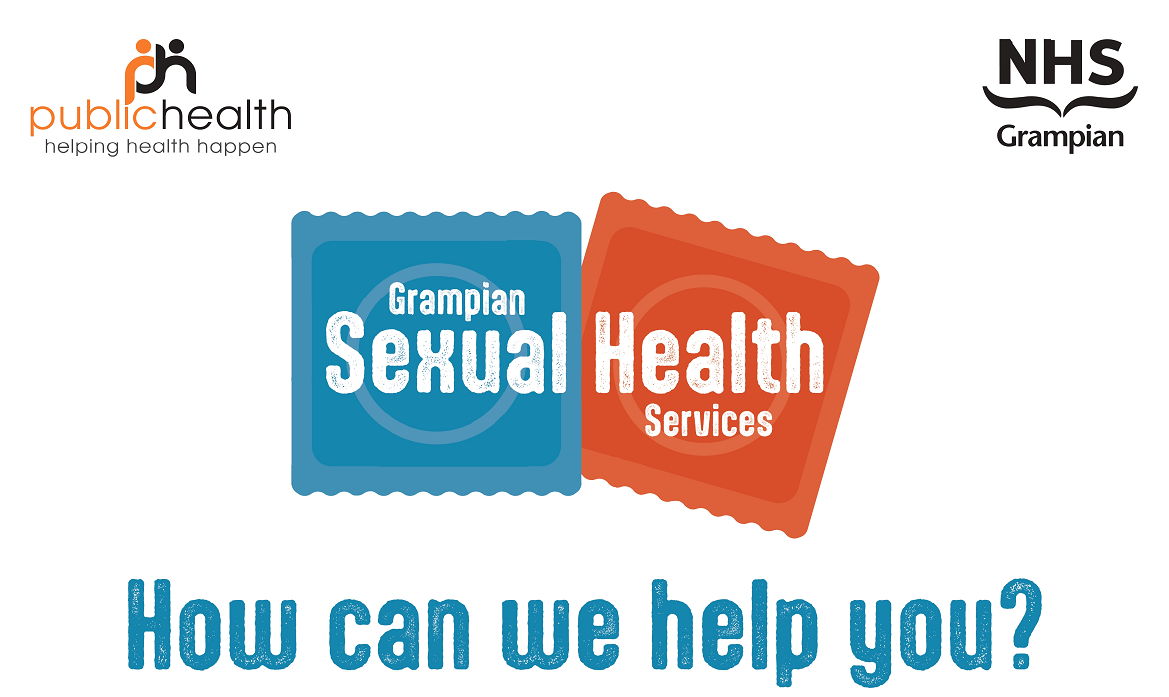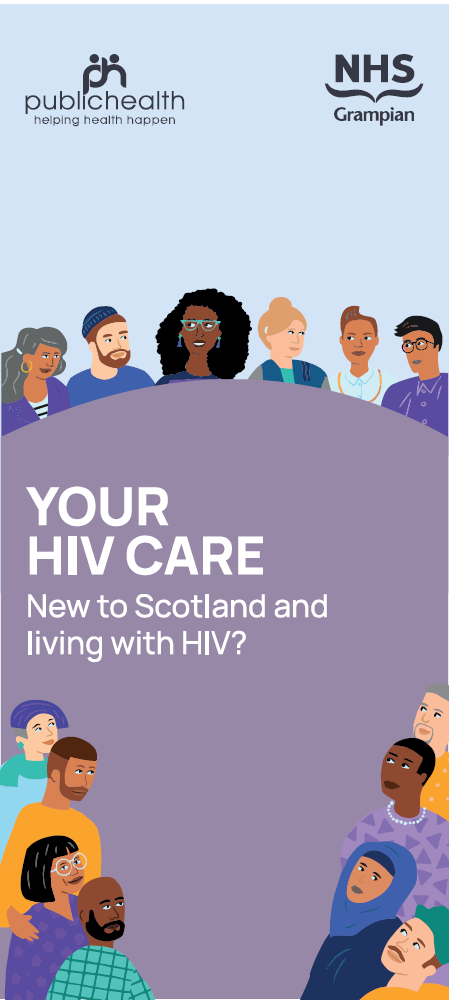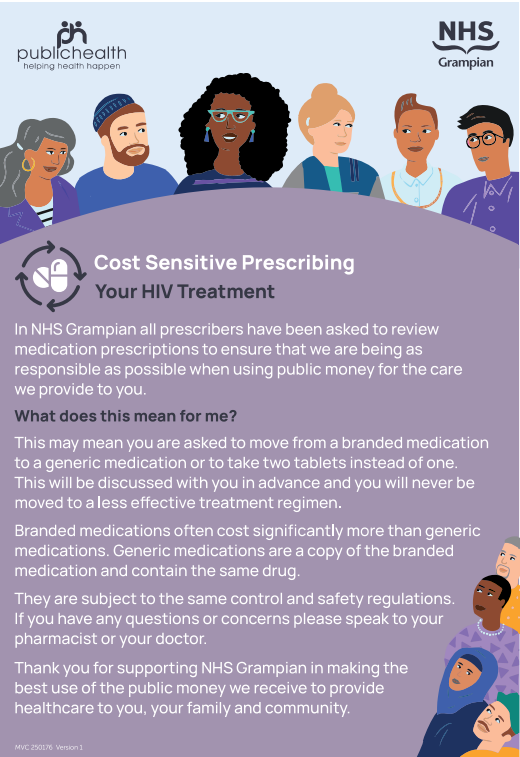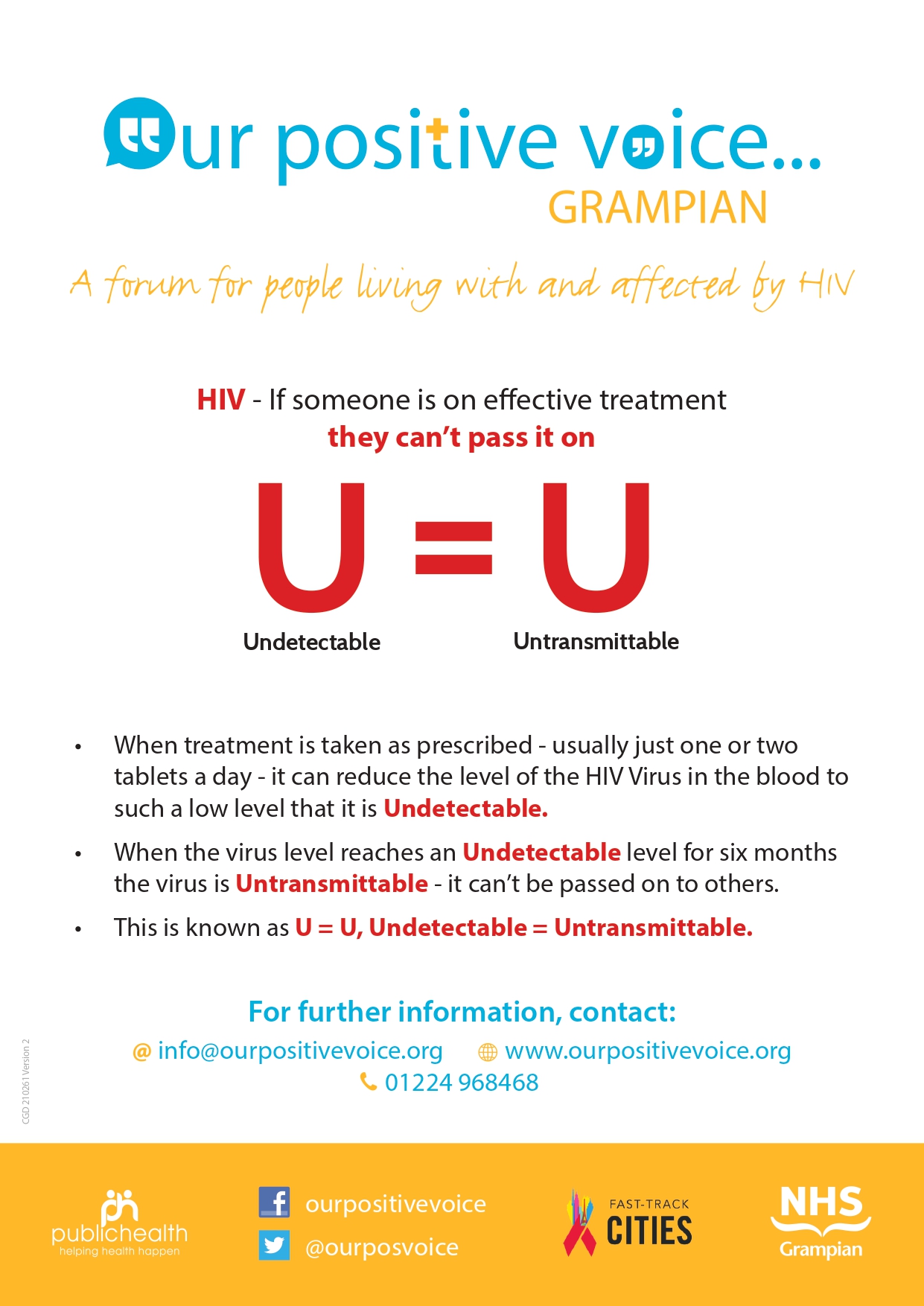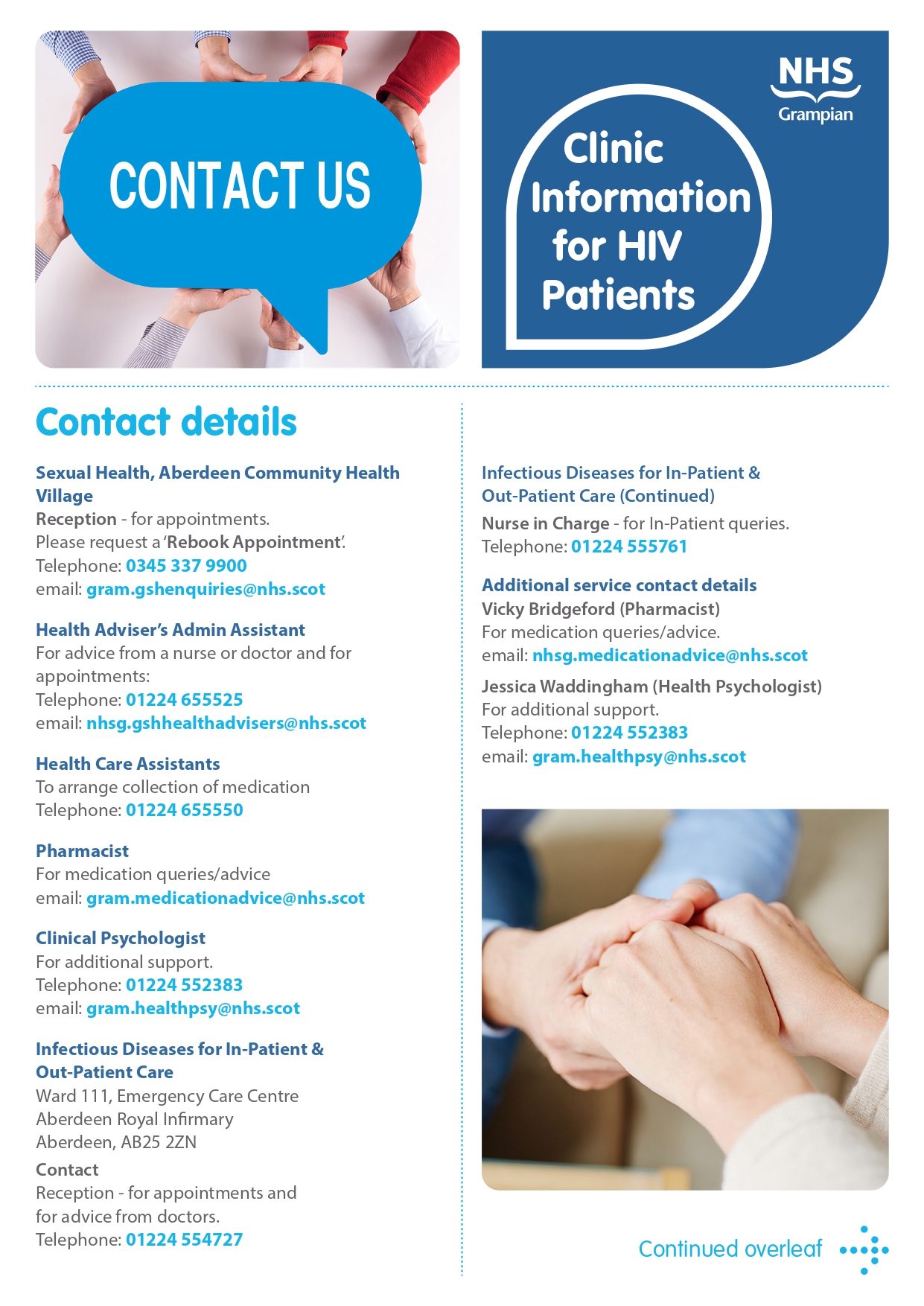

What is HIV?
HIV is a long term health condition which is now very easy to manage. HIV stands for human immunodeficiency virus. The virus targets the immune system and if untreated, weakens your ability to fight infections and disease.
For more information on HIV and testing, click here.
Find out where you can get free condoms in your area. You can view the Free Condom Locator here – Google Maps
HIV Pre Exposure Prophylaxis (PrEP)
For more information on HIV PrEP (Pre-Exposure Prophylaxis) please click here.
HIV PrEP (Pre Exposure Prohylaxis) is a medicine that stops you getting HIV. PrEP is available to people who are most at risk of getting HIV.
The people most at risk are:
- Back African women and men<
- Gay, bisexual men and men who have sex with men
- People who inject drugs
- One partner is HIV positive, the other is negative
- People who exchange sex for payment
- Trans and non-binary people
We are gathering feedback to help improve access to HIV prevention and sexual health services across Grampian. The link below has a short, anonymous survey that asks about your awareness and experiences of PrEP, as well as any barriers you may have faced when seeking information, testing, or support.
Your responses will help NHS Grampian understand what is working well and where services could be made easier to use. Please click here to take part.
HIV Post Exposure Prohylaxis (PEP)
For more information on PEP (Post Exposure Prohylaxis) for HIV, please click here.
